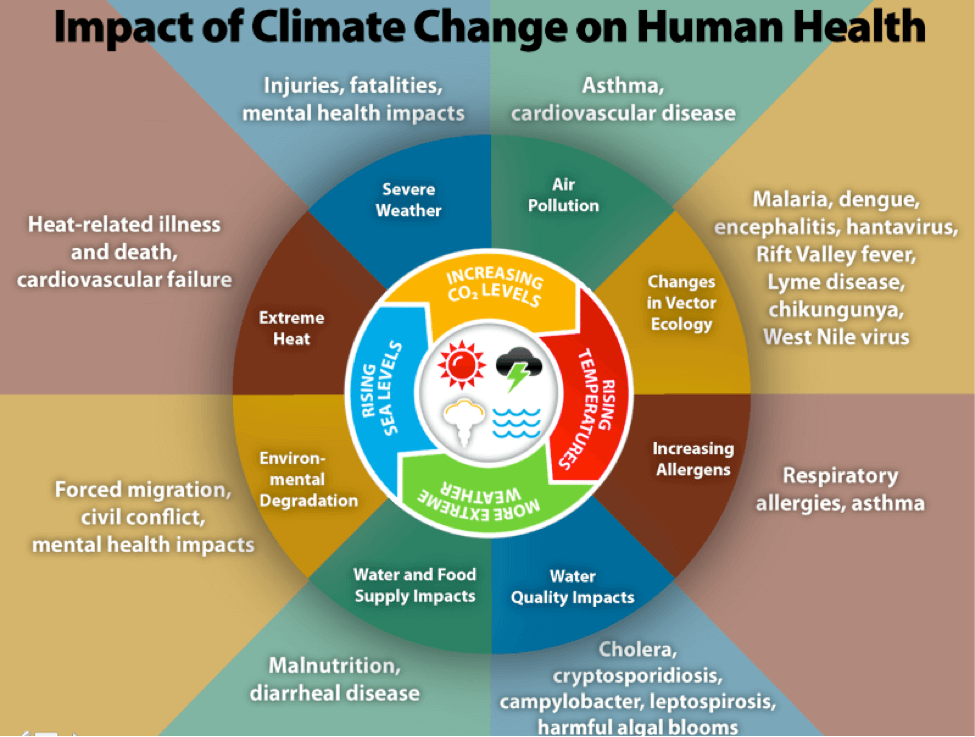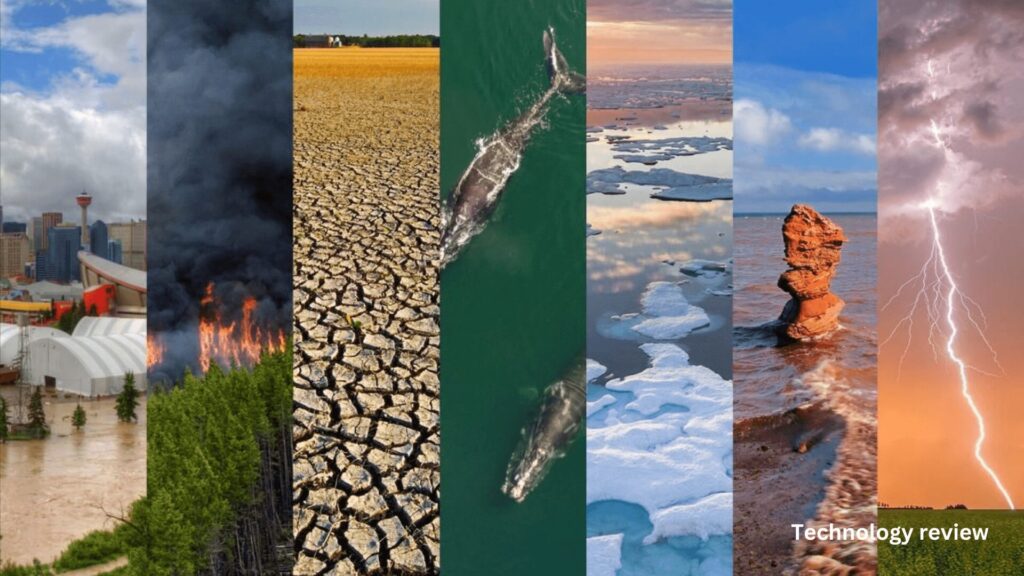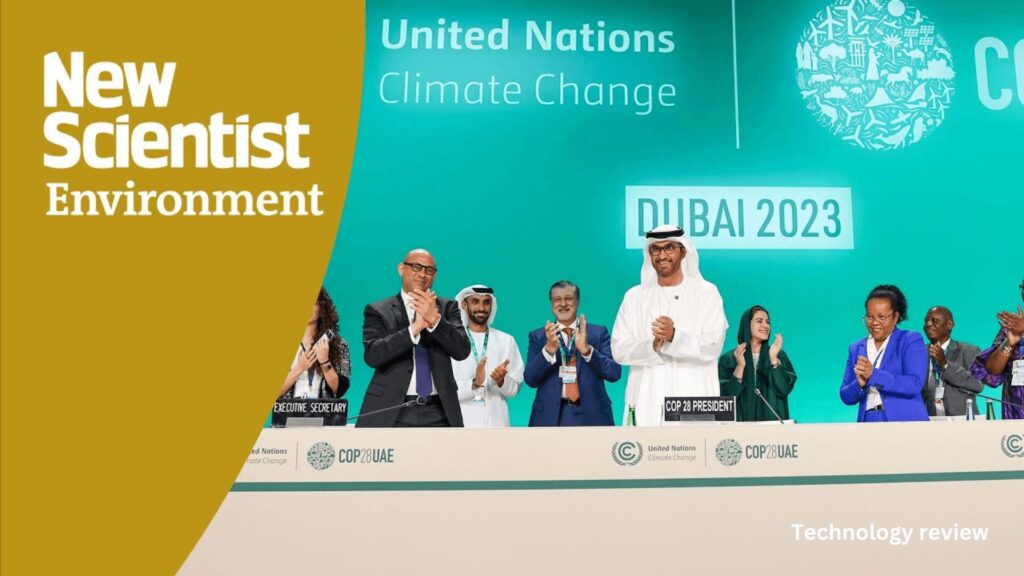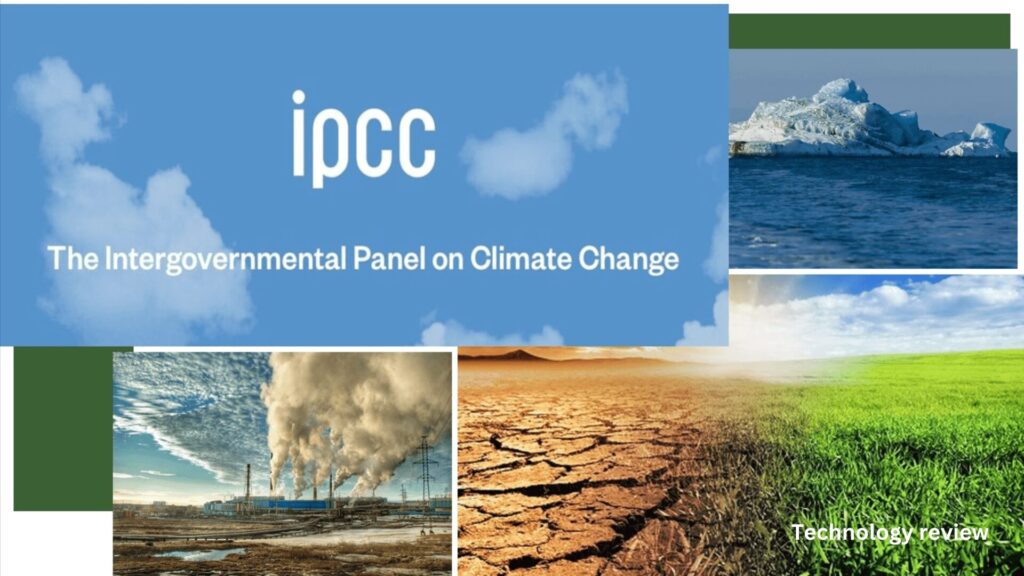The Impact of Climate Change on Global Communities
As you observe the world around you, you may notice subtle yet profound changes occurring in your local environment. These shifts are not isolated incidents but part of a larger, global phenomenon known as climate change. The impact of this environmental crisis extends far beyond melting ice caps and rising sea levels. It affects communities worldwide, altering ecosystems, economies, and ways of life. In this article, you will explore the multifaceted consequences of climate change on global communities, gaining insight into how this pressing issue shapes the present and future of our interconnected world.
Understanding the Science Behind Climate Change
The Greenhouse Effect
Climate change is primarily driven by the greenhouse effect, a natural process intensified by human activities. Greenhouse gases like carbon dioxide, methane, and water vapor trap heat in Earth’s atmosphere, warming the planet. While this effect is essential for life, excessive greenhouse gas emissions from human activities have accelerated global warming.
Key Contributors
The burning of fossil fuels for energy, deforestation, and industrial processes are major contributors to climate change. These activities release large amounts of carbon dioxide and other greenhouse gases into the atmosphere. As these gases accumulate, they enhance the greenhouse effect, leading to a rise in global temperatures.

Measuring and Modeling Climate Change
Scientists use various methods to study climate change, including:
- Analysis of ice cores and tree rings
- Satellite observations
- Ocean temperature measurements
- Computer models simulating climate systems
These tools help researchers understand past climate patterns and predict future trends, providing crucial insights into the long-term impacts of climate change on our planet and its ecosystems.
The Effects of Climate Change Around the World
Climate change is a global phenomenon with far-reaching consequences that affect communities worldwide. As temperatures rise and weather patterns shift, the impacts are being felt across various sectors and regions.
Rising Sea Levels and Coastal Communities
One of the most visible effects of climate change is the rise in sea levels. Coastal areas are particularly vulnerable, with many low-lying islands and coastal cities facing the threat of inundation. This not only puts infrastructure at risk but also threatens the livelihoods of millions who depend on coastal resources.
Extreme Weather Events
The frequency and intensity of extreme weather events have increased due to climate change. Hurricanes, droughts, heatwaves, and floods are becoming more common, causing widespread destruction and displacing communities. These events often disproportionately affect vulnerable populations, exacerbating existing social inequalities.
Agricultural Impacts and Food Security
Changing weather patterns and unpredictable seasons are having a significant impact on agriculture worldwide. Crop yields are affected, leading to food insecurity in many regions. Farmers are forced to adapt their practices or risk losing their livelihoods, while consumers face rising food prices and potential shortages.
Biodiversity Loss
Climate change is also contributing to a rapid loss of biodiversity. As habitats change or disappear, many species are struggling to adapt or migrate, leading to potential extinctions. This loss of biodiversity can have cascading effects on ecosystems and the services they provide to human communities.
How Climate Change Impacts People and Communities
Climate change is a global phenomenon with far-reaching consequences that affect people and communities worldwide. The impacts of this environmental crisis are diverse and often devastating, touching every aspect of human life.
Rising Temperatures and Extreme Weather
As global temperatures rise due to climate change, communities face an increase in extreme weather events. Heatwaves become more frequent and intense, posing serious health risks, especially to vulnerable populations like the elderly and young children. Simultaneously, severe storms, hurricanes, and floods threaten infrastructure and livelihoods, displacing entire communities and causing significant economic damage.
Food and Water Security
Climate change disrupts traditional agricultural patterns, leading to food insecurity in many regions. Changing rainfall patterns and prolonged droughts affect crop yields, while rising sea levels contaminate freshwater sources with saltwater. These challenges disproportionately impact developing nations, exacerbating existing inequalities and potentially triggering conflicts over scarce resources.
Health Implications
The health consequences of climate change are profound and varied. Warmer temperatures expand the range of disease-carrying insects, increasing the spread of vector-borne illnesses like malaria and dengue fever. Air pollution, often linked to the same factors driving climate change, worsens respiratory conditions and cardiovascular diseases, affecting millions globally.
By understanding these impacts, we can better appreciate the urgency of addressing climate change and work towards solutions that protect our communities and planet.
Steps Individuals Can Take to Combat Climate Change
Climate change is a global issue, but individual actions can make a significant impact. By adopting eco-friendly habits and making conscious choices, you can contribute to the fight against climate change and inspire others to do the same.
Reduce Your Carbon Footprint
One of the most effective ways to combat climate change is by reducing your carbon footprint. Start by evaluating your daily activities and identifying areas where you can make improvements. Consider using public transportation, carpooling, or cycling instead of driving alone. When possible, opt for walking or biking for short distances. These small changes can significantly decrease your personal greenhouse gas emissions.
Embrace Energy Efficiency
Making your home more energy-efficient is another crucial step in combating climate change. Replace traditional light bulbs with LED alternatives, which use less energy and last longer. Invest in energy-efficient appliances and ensure your home is well-insulated to reduce heating and cooling costs. Additionally, unplug electronics when not in use to avoid phantom energy consumption.
Support Sustainable Practices
Your consumer choices can have a powerful impact on climate change. Opt for products from companies that prioritize sustainability and have eco-friendly practices. Choose locally sourced and seasonal foods to reduce transportation emissions. Consider reducing meat consumption, as livestock farming is a significant contributor to greenhouse gas emissions. By making mindful choices, you can encourage businesses to adopt more sustainable practices and contribute to the global effort against climate change.
Global Initiatives to Address the Climate Crisis
International Agreements and Frameworks
Climate change is a global challenge that requires coordinated international action. The Paris Agreement, adopted in 2015, stands as a landmark accord in the fight against global warming. It commits nations to limit temperature rise to well below 2°C above pre-industrial levels. This agreement has spurred worldwide efforts to reduce greenhouse gas emissions and transition to cleaner energy sources.
Technological Innovations and Green Solutions To combat climate change, countries and corporations are investing heavily in renewable energy technologies. Solar and wind power installations are expanding rapidly, while research into energy storage solutions continues to advance. Additionally, carbon capture and storage technologies are being developed to mitigate emissions from existing fossil fuel infrastructure.
Sustainable Development Goals
The United Nations’ Sustainable Development Goals (SDGs) provide a comprehensive framework for addressing climate change while promoting global prosperity. Goal 13 specifically focuses on climate action, encouraging nations to integrate climate change measures into national policies and raise awareness about its impacts. These goals recognize that climate action is intrinsically linked to other global challenges such as poverty, inequality, and environmental degradation.
Conclusion
As you’ve seen, climate change poses an unprecedented threat to communities worldwide. Its far-reaching impacts on agriculture, water resources, infrastructure, and human health demand urgent action. While the challenges are daunting, you have the power to make a difference. By reducing your carbon footprint, supporting clean energy initiatives, and advocating for climate-friendly policies, you can contribute to global efforts to mitigate climate change. Remember, every small step matters. As engaged citizens, it’s crucial that you stay informed about this critical issue and its evolving impacts. Together, through collective action and shared responsibility, you can help build a more sustainable and resilient future for all global communities in the face of our changing climate.



